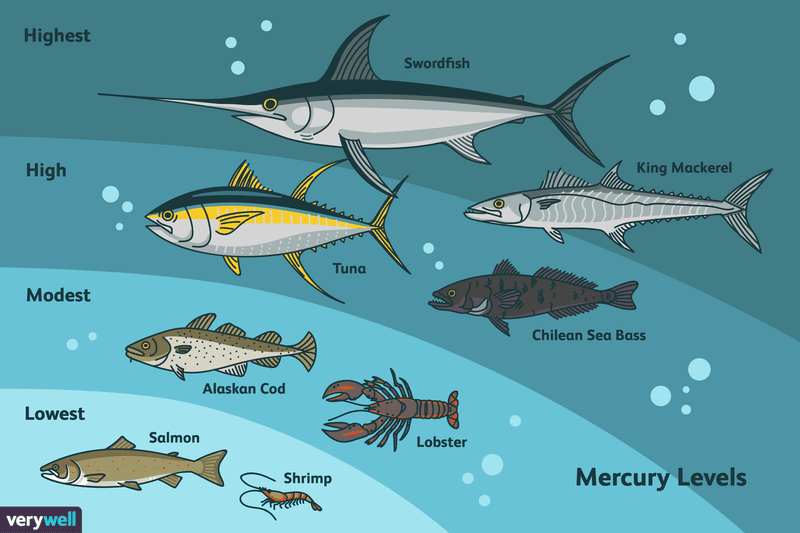Tuna, a popular seafood staple, offers a variety of effects when consumed regularly. It’s praised for its high protein content and omega-3 fatty acids but also comes with some concerns, such as mercury content. Let’s explore the top ten effects of eating tuna, both positive and negative, and some that might just surprise you.
Omega-3 Boost

Omega-3 fatty acids play a crucial role in cardiovascular health. Regular consumption of tuna, rich in these fats, can contribute to lowering blood pressure and reducing heart disease risk.
The human body cannot produce omega-3s on its own, making dietary sources essential. Tuna provides a convenient and tasty way to include these nutrients in your diet.
However, variety is key, and it’s good to balance tuna intake with other fish or plant-based sources to ensure a diverse nutrient profile.
Mercury Concerns

Mercury exposure is a significant concern when consuming tuna. This heavy metal can have harmful effects on the nervous system, especially in vulnerable populations like pregnant women and children.
The larger and older the tuna, the higher its mercury levels. It’s important to moderate intake to avoid potential health risks.
Awareness and informed choices can help minimize exposure while still enjoying the nutritional benefits of tuna.
Protein Powerhouse

Tuna is often hailed as a protein powerhouse, ideal for muscle building and repair. Each serving contains a substantial amount of protein, supporting athletic and fitness endeavors.
Its lean nature makes it a favorable choice for those seeking to maintain a healthy weight while ensuring muscle growth.
Incorporating tuna into your meals can be an effective way to boost protein intake without excessive calories or fats.
Vitamin D Source

Vitamin D, essential for bone health, can be obtained through sun exposure and diet. Tuna, especially canned varieties, offers a significant source of this vitamin.
For individuals with limited sun exposure, dietary sources like tuna become crucial. It supports calcium absorption, promoting strong bones and a healthy immune system.
Including tuna regularly can help meet vitamin D needs, especially in seasons with less sunlight.
Brain Health Aid

The omega-3s in tuna aren’t just good for the heart; they support brain health too. DHA, a type of omega-3, is vital for cognitive function and may help reduce the risk of Alzheimer’s disease.
Regular tuna consumption can contribute to maintaining mental sharpness and memory.
While it’s not a magic bullet, including tuna as part of a balanced diet supports brain health and longevity.
Sustainability Concerns

Tuna’s popularity has raised sustainability concerns. Overfishing endangers tuna populations and affects marine ecosystems.
Choosing sustainably sourced tuna can mitigate environmental impact. Look for certifications like MSC to ensure eco-friendly choices.
Being informed about sourcing practices helps preserve both tuna species and ocean health for future generations.
Immune System Support

Rich in selenium, tuna supports the immune system. This trace mineral acts as an antioxidant, defending the body against infection.
Regular intake of selenium-rich foods like tuna can strengthen immunity, providing a line of defense against common illnesses.
Eating tuna, part of a balanced diet, contributes to overall health and well-being, fortifying the body’s natural defenses.
Weight Management

Tuna is low in calories but rich in protein, making it a smart choice for weight management. It’s filling, helping you feel satisfied while consuming fewer calories overall.
Incorporating tuna into meals can assist in achieving or maintaining a healthy weight without sacrificing nutrition.
For those aiming to lose weight or maintain their current physique, tuna offers a flavorful and nutritious option.
Taste Versatility

Tuna’s taste versatility makes it a favorite in many cuisines. From sushi to salads, its mild flavor complements a variety of dishes.
This adaptability allows for creative meal planning without monotony. Whether raw, grilled, or canned, tuna offers numerous culinary possibilities.
For those who enjoy experimenting in the kitchen, tuna provides a canvas for diverse flavors and textures.
Leave a comment